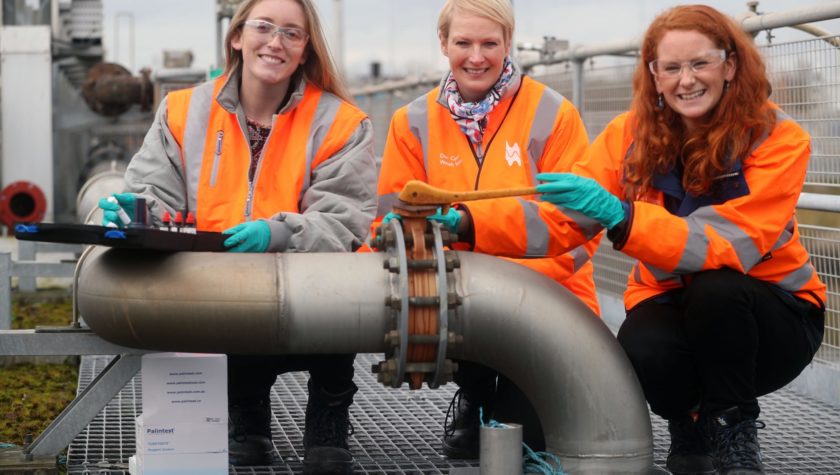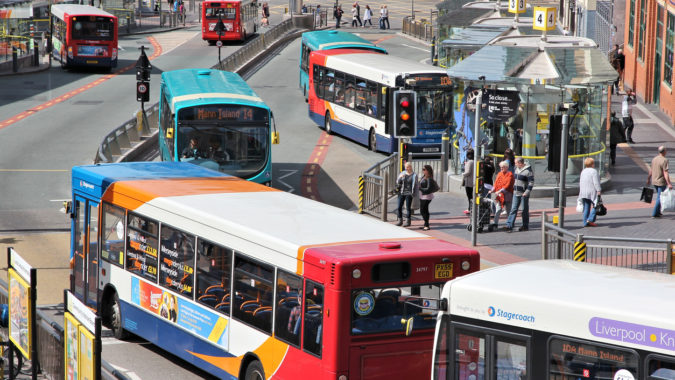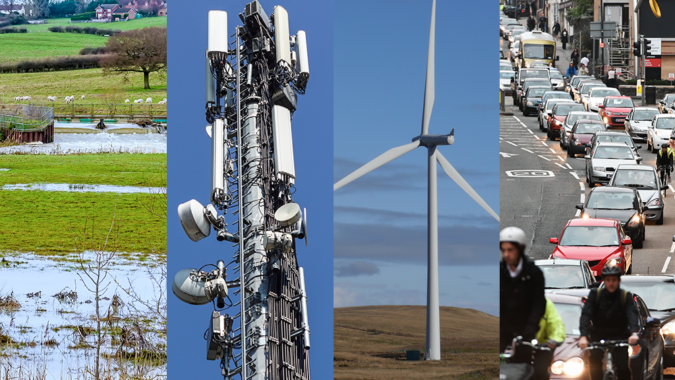As part of its commitment to support wider discussion of diversity and inclusion issues in infrastructure, the Commission is pleased to host this post from Helen Wollaston of the WISE Campaign.
Car seatbelts. Mobile phones. Supermarket shelves. These are just a few examples of products which we all use, but which are, as Caroline Criado-Perez demonstrates in her new book Invisible Women, ultimately designed to fit the needs of the average man – meaning that women lose out. Why? Because these products are overwhelmingly designed by men.
This is why it matters that we increase the numbers of women working in infrastructure – if we want a world which is designed to be inclusive, we need a wider range of people to be involved in its design. Ultimately, this is for the good of our society as a whole, not just the half without a Y chromosome; World Bank research has found that “supporting gender equality and women’s empowerment in infrastructure operations have large benefits for…communities”, and that increasing women’s participation “enhance[s] project effectiveness, efficiency, and sustainability.”
And yet, as it stands, in construction just 11 per cent of workers are female; in utilities, it’s 15 per cent; in transport and storage, 17 per cent. In all cases, these are lower percentages of women than the 25 cent average across STEM sectors.
The good news is that the numbers of women graduating in related fields are continuing to increase year on year. In 2018, 3,605 women graduated with a higher-level Architecture, Planning and the Built Environment qualification, up from 3,450 the previous year – making up 36 per cent of the total. In engineering and manufacturing technologies, women still only make up 15 per cent of graduates, but again the numbers increased from 4,700 in 2017 to 5,050 in 2018.
So there is a talent pipeline to tap into – but it’s not enough to just get women into STEM fields, their talents also need to be developed so that they can go on to take their fair share of leadership roles so that women’s needs are properly considered from the very start of infrastructure projects. Recent research by APM found that there is a 3:1 ratio of men to women in leadership roles on infrastructure projects.
Improving this ratio should be a priority (as should improving the 6:1 men to women ratio at director general level) because research suggests that it’s only once there are 30 per cent of women that ‘critical mass’ is reached and they are able to exert a real influence on policies and practices. (This is why the 30% Club is not the 50% Club or the 10% Club!)
So what is to be done to get more women into infrastructure and to ensure they are able to go as far as their talents allow?
There is no silver bullet – no single intervention which will in itself get more women into leadership positions in infrastructure. Rather, there is a range of interventions which will change the culture and practices of organisations so that more women are able to make progress. We’ve compiled those interventions to produce our industry-backed Ten Steps programme, which a number of companies involved in infrastructure are using to good effect.
For example, at Network Rail, each group within the company has completed the Ten Steps diagnostic and come up with its own local action plan, providing its own individual benchmark. These are then audited, challenged and supported, and success is recognised. By coming up with achievable targets and with concrete action to reach them – and with buy-in from across the organisation – Network Rail’s benchmarking scores improved by 17 per cent in two years, from 51 per cent achievement of the metrics making up our Ten Steps to 68 per cent. As a result, they’ve increased their proportion of females moving from clerical and technical roles into management from 40 to 46 per cent.
There are already many great women working in infrastructure, and it’s important to celebrate their achievements as we think about how we can bring more women in to join them. For example, Kate Hall, WISE Women in Industry award winner, is the Design Director for HS2 and previously worked on the Olympic Park project. WISE’s new My Skills My Life resource shares the stories of inspirational women like Kate to inspire girls who are currently in school to follow in their footsteps.
So let’s share inspirational stories about the women we know in infrastructure, let’s commit to take concrete action to close the gender gap in infrastructure – and let’s build a better world for all of us, men and women alike.
Helen Wollaston is Chief Executive of the WISE Campaign, an organisation which enables and energises people in business, industry and education to increase the participation, contribution and success of women in science, technology, engineering and mathematics



